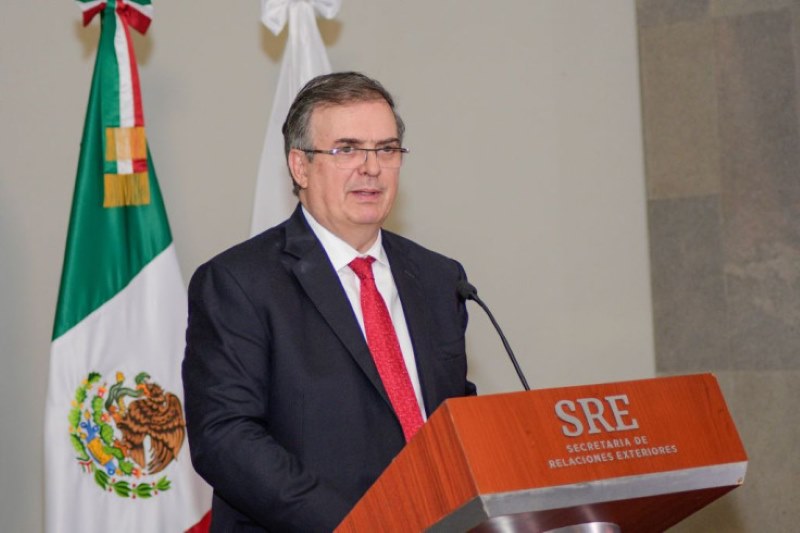Mexico continues negotiations with the U.S. with the United States regarding tariffs imposed on steel and automobiles, despite the preferential treatment received compared to other countries. Economy Minister Marcelo Ebrard will travel to Washington next week to improve Mexico’s position in international trade. Ebrard emphasized that his goal is to secure the best conditions for Mexico in the next 40 days in key sectors such as the automotive, steel, and aluminum industries.
Goal of improving competitiveness
During a conference, Ebrard stated, “We want Mexico’s competitiveness to be very high.” This initiative aims to position Mexico favorably compared to other countries whose exports to the U.S. are subject to tariffs of 10% or more.
Sheinbaum maintains dialogue with key executives
President Claudia Sheinbaum is in constant contact with top executives from automotive companies such as Mercedes-Benz, Volkswagen, and BMW. Her strategy seeks to maintain and expand automotive plants in Mexico, a sector that accounts for 30% of the country’s exports.

Trump Drastically Limits Federal Building Sales Amid Criticism
The General Services Administration (GSA) announced it will accept non-binding offers for only eight federal building…
U.S. tariffs and their impact
On Thursday, the U.S. implemented a 25% tariff on imported cars, although products covered by the North American Free Trade Agreement (NAFTA) remain untaxed. Mexico and Canada also face a 25% tariff on products not covered by the USMCA since March.
Reaction of the Mexican peso and the market
The Mexican peso strengthened by 1.4% in early Thursday trading, reaching 19.8946 per dollar. This reflects favorable adjustment. The rise indicates confidence despite global economic uncertainty. The currency’s performance shows resilience in volatile conditions.
Preferential treatment for Mexico
Despite U.S. tariffs on most countries, Mexico and Canada were exempted due to successful negotiations with the Trump administration. Sheinbaum described this as a result of effective diplomatic efforts. “We now have preferential treatment,” said the Mexican president. This exemption reflects positive outcomes from recent trade discussions.
Repercussions in the automotive industry
The announcement of the tariffs led to Stellantis NV suspending operations at factories in Canada and Mexico. This suspension highlights the impact of these measures on the regional automotive industry. The tariffs have caused significant disruptions to manufacturing operations. These changes reflect broader consequences for the North American automotive sector.


